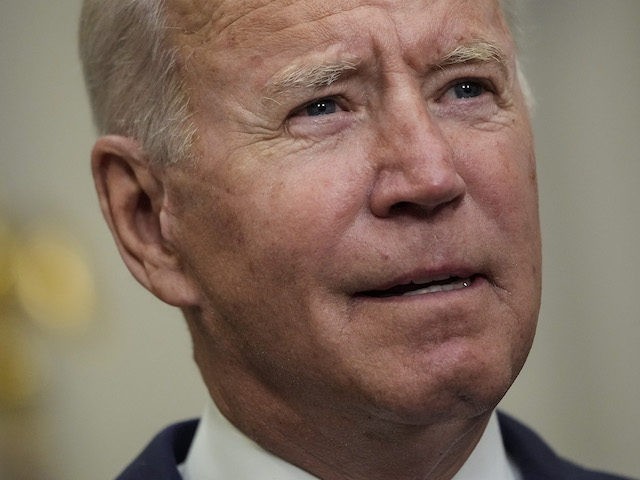U.S. consumer sentiment plummeted in early August and weakened even further in the latter half of the month as households struggled with inflation and the resurgence of coronavirus.
The University of Michigan’s consumer sentiment index fell to a near-decade low of 70.3, a 13.4 percent decline from July’s 81.2, data released Friday showed.
Most of the decline happened early in the month. The mid-month reading hit 70.8. But the further deterioration was not expected. Many analysts thought sentiment might recover after the initial shock brought on by worse than expected inflation headlines and the largely unanticipated surge in coronavirus infections.
“There was no lessening in late August in the extent of the collapse in consumer sentiment recorded in the first half of the month,” Richard Curtin, the survey’s chief economists, said.
Curtin said the index has only recorded larger losses in six other monthly surveys since 1978. The decline was especially sharp in the expectations component of the index and widespread across all demographic groups, regions, and the outlook for the economy.
“Consumers’ extreme reactions were due to the surging Delta variant, higher inflation, slower wage growth, and smaller declines in unemployment,” Curtin said. “The extraordinary falloff in sentiment also reflects an emotional response, from dashed hopes that the pandemic would soon end and lives could return to normal.”
While the decline in sentiment does not necessarily portend a deep economic slump, the depressive effects on consumer spending are likely to last, according to Curtin. Similar losses in sentiment occurred after 9/11 and 2005’s Hurricane Katrina without leading into an economic downturn.
“Although economic expectations began to improve by year-end, the emotional impact on spending patterns lasted for a much longer time. That same type of persistent impact on spending patterns is now likely to reoccur,” Curtin said.

COMMENTS
Please let us know if you're having issues with commenting.